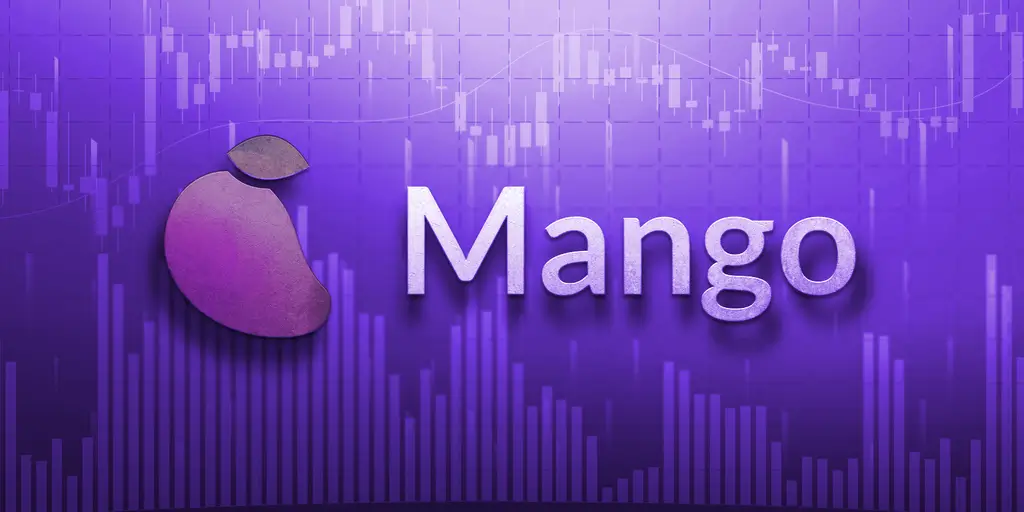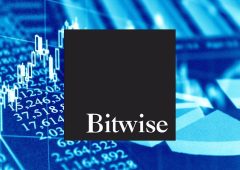Mango Markets Offers Settlement to SEC Over Alleged Violations
20.08.2024 20:30 1 min. read Alexander Stefanov
Mango Markets is negotiating a potential settlement with the U.S. Securities and Exchange Commission (SEC) over claims of breaching securities regulations.
The decentralized exchange (DEX) on Solana has put forward a settlement proposal that includes paying a fine, destroying its MNGO tokens, and seeking removal from trading platforms. Voting on this proposal began on August 19 and has already secured enough support to proceed.
This move follows a significant setback for Mango Markets, which suffered a $110 million exploit in October 2022 by trader Avraham Eisenberg, who was later convicted for fraud. The SEC, alongside other regulatory agencies, is investigating Mango Markets for alleged securities violations.
Under the proposed settlement, Mango DAO would neither confirm nor deny the SEC’s allegations but would agree to pay a $223,228 fine from its treasury, halt all MNGO token transactions in the U.S., and destroy existing tokens. This proposal aims to settle the issue without further legal battles, although it still needs SEC approval.
In related news, Eisenberg is challenging his conviction, arguing that his activities were legitimate trading. MNGO tokens have seen a slight increase but remain significantly below their peak value from 2021.
-
1
U.S. Bank Advises Clients to Drop These Cryptocurrencies
29.06.2025 10:00 2 min. read -
2
Chinese Tech Firms Turn to Crypto for Treasury Diversification
26.06.2025 17:00 1 min. read -
3
FTX Halts Recovery Payments in 49 Countries: Here Is the List
04.07.2025 18:00 2 min. read -
4
What Are the Key Trends in European Consumer Payments for 2024?
29.06.2025 8:00 2 min. read -
5
What Brian Armstrong’s New Stats Reveal About Institutional Crypto Growth
29.06.2025 15:00 2 min. read
U.S. Public Pension Giant Boosts Palantir and Strategy Holdings in Q2
According to a report by Barron’s, the Ohio Public Employees Retirement System (OPERS) made notable adjustments to its portfolio in Q2 2025, significantly increasing exposure to Palantir and Strategy while cutting back on Lyft.
Key Crypto Events to Watch in the Next Months
As crypto markets gain momentum heading into the second half of 2025, a series of pivotal regulatory and macroeconomic events are poised to shape sentiment, liquidity, and price action across the space.
Here is Why Stablecoins Are Booming, According to Tether CEO
In a recent interview with Bankless, Tether CEO Paolo Ardoino shed light on the growing adoption of stablecoins like USDT, linking their rise to global economic instability and shifting generational dynamics.
U.S. Dollar Comes Onchain as GENIUS Act Ushers in Digital Era
In a statement that marks a major policy shift, U.S. Treasury Secretary Scott Bessent confirmed that blockchain technologies will play a central role in the future of American payments, with the U.S. dollar officially moving “onchain.”
-
1
U.S. Bank Advises Clients to Drop These Cryptocurrencies
29.06.2025 10:00 2 min. read -
2
Chinese Tech Firms Turn to Crypto for Treasury Diversification
26.06.2025 17:00 1 min. read -
3
FTX Halts Recovery Payments in 49 Countries: Here Is the List
04.07.2025 18:00 2 min. read -
4
What Are the Key Trends in European Consumer Payments for 2024?
29.06.2025 8:00 2 min. read -
5
What Brian Armstrong’s New Stats Reveal About Institutional Crypto Growth
29.06.2025 15:00 2 min. read


